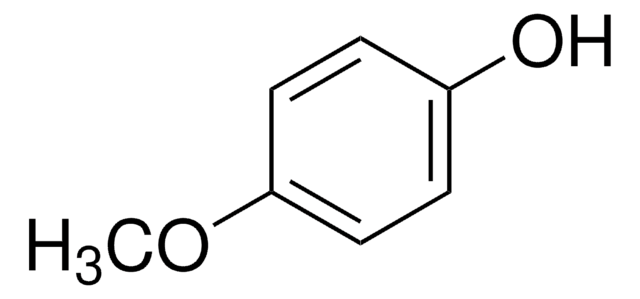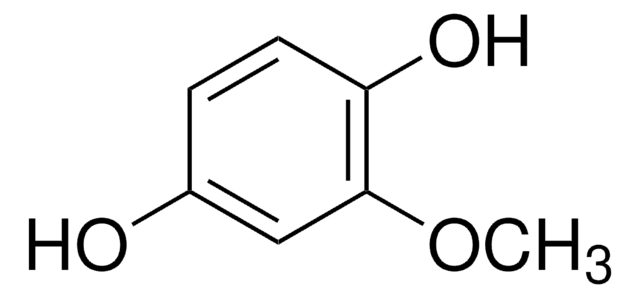186562
Tetrahydrofuran
≥99.9%, anhydrous, contains 250 ppm BHT as inhibitor
Synonym(s):
THF, Butylene oxide, Oxolane, Tetramethylene oxide
About This Item
Recommended Products
product name
Tetrahydrofuran, anhydrous, contains 250 ppm BHT as inhibitor, ≥99.9%
grade
anhydrous
Quality Level
vapor density
2.5 (vs air)
vapor pressure
114 mmHg ( 15 °C)
143 mmHg ( 20 °C)
Assay
≥99.9%
form
liquid
autoignition temp.
610 °F
contains
250 ppm BHT as inhibitor
expl. lim.
1.8-11.8 %
impurities
≤0.005% peroxides (as H2O2)
<0.002% water (All units except 100 mL)
<0.005% water (100 mL pkg)
refractive index
n20/D 1.407 (lit.)
pH
~7
bp
65-67 °C (lit.)
mp
−108 °C (lit.)
solubility
H2O: soluble
density
0.889 g/mL at 25 °C (lit.)
SMILES string
C1CCOC1
InChI
1S/C4H8O/c1-2-4-5-3-1/h1-4H2
InChI key
WYURNTSHIVDZCO-UHFFFAOYSA-N
Looking for similar products? Visit Product Comparison Guide
General description
Application
Packaging
also commonly purchased with this product
recommended
related product
suggested gloves for splash protection
Signal Word
Danger
Hazard Statements
Precautionary Statements
Hazard Classifications
Acute Tox. 4 Oral - Carc. 2 - Eye Irrit. 2 - Flam. Liq. 2 - STOT SE 3
Target Organs
Central nervous system, Respiratory system
Supplementary Hazards
Storage Class Code
3 - Flammable liquids
WGK
WGK 1
Flash Point(F)
-6.2 °F - closed cup
Flash Point(C)
-21.2 °C - closed cup
Personal Protective Equipment
Choose from one of the most recent versions:
Already Own This Product?
Find documentation for the products that you have recently purchased in the Document Library.
Articles
A description of stabilizer systems for solvents including esters, ethyl ester, tetrahydrofuran, chlorinated solvents, chloroform and dichloromethane.
Substances are said to be miscible in one another if they dissolve to form a uniform solution. Bookmark or download our miscibility table for common lab solvents.
Research and development of solid-state lithium fast-ion conductors is crucial because they can be potentially used as solid electrolytes in all-solid-state batteries, which may solve the safety and energy-density related issues of conventional lithium-ion batteries that use liquid (farmable organic) electrolytes.
Our team of scientists has experience in all areas of research including Life Science, Material Science, Chemical Synthesis, Chromatography, Analytical and many others.
Contact Technical Service










